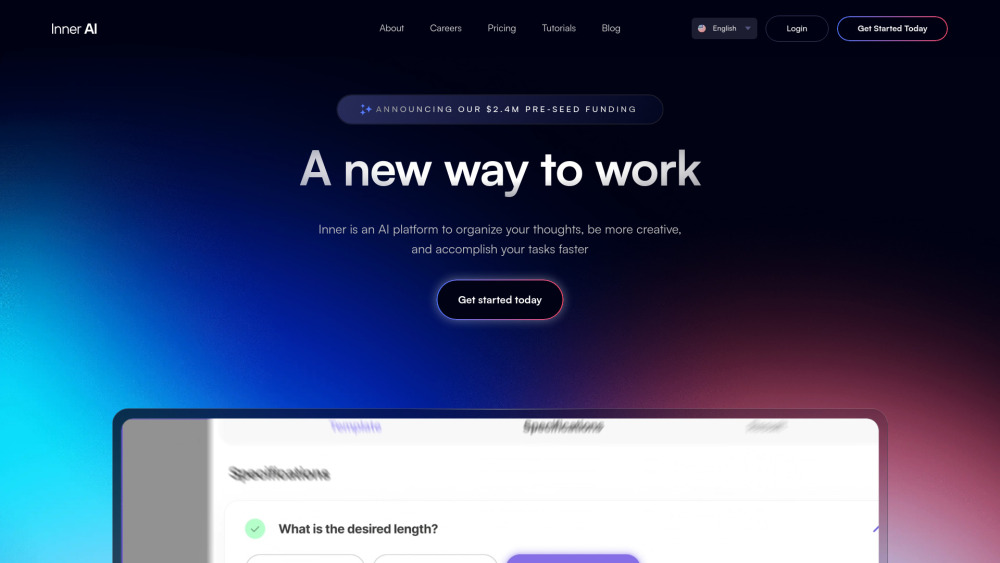OpenAI publicly announced its opposition to California’s controversial AI bill, SB 1047, in a letter addressed to state Senator Scott Wiener and Governor Gavin Newsom on Tuesday. The AI leader criticized the bill, first proposed by Wiener in February, arguing it could hinder innovation and drive talent away from California. Wiener quickly dismissed OpenAI's concerns, stating their claims were unfounded.
In the letter, OpenAI's Chief Strategy Officer Jason Kwon emphasized, “The AI revolution is just beginning, and California’s unique position as the global hub for AI is vital to the state's economic vitality. SB 1047 risks that growth, slows innovation, and could lead talented engineers and entrepreneurs to leave California in search of better opportunities. To safeguard America's AI advantage, we must adopt federal policies that provide clarity and certainty for AI developers while ensuring public safety."
OpenAI's stance aligns with a broader local backlash against SB 1047, joining industry voices from Google, Meta, investment firm Andreessen Horowitz, and California Representatives Nancy Pelosi and Zoe Lofgren.
An OpenAI spokesperson stated the company has been in talks with Wiener’s office regarding the bill for several months. However, Senator Wiener characterized the AI lab's argument that SB 1047 would drive AI companies out of California as “tired.” In a press release on Wednesday, he noted, "OpenAI fails to criticize any specific provision of the bill." He explained that the assertion about companies leaving California due to SB 1047 is misleading, as the legislation applies to any AI model developers serving California customers regardless of their headquarters.
This means AI firms, whether located in San Jose or San Antonio, would be subject to the bill if they offer products to Californians. A notable example of effective legislation with similar reach is Illinois’ Biometric Information Privacy Act.
Moreover, Bloomberg reported that OpenAI has paused plans to expand its San Francisco offices amid concerns about California's regulatory environment. The company has maintained a presence in San Francisco's Mission district for years and recently relocated within the city to a new office space formerly occupied by Uber.
OpenAI chose not to provide additional comments regarding its real estate considerations. Wiener countered OpenAI's criticisms by stating, “Rather than addressing what the bill entails, OpenAI suggests Congress should handle the issue.” He acknowledged that while he agrees Congress should ideally take the lead, skepticism surrounds Congress’s willingness to act.
Tech companies have often pushed for federal regulation on privacy matters, knowing the process can be slow, which has often resulted in California stepping in. OpenAI supports several proposed federal regulations for AI models, including one that seeks to establish a United States AI Safety Institute to create standards and guidelines, similar to what SB 1047 aims to achieve with its Board of Frontier Models.
California lawmakers have significantly revised SB 1047 to make it less contentious for Governor Newsom, yet they have struggled to convince Silicon Valley’s leading AI lab that the bill is viable. SB 1047 is now set for a final vote in California’s Assembly and may reach Governor Newsom's desk by month’s end. While the governor has not publicly shared his stance on SB 1047, signing it could provoke backlash from the tech industry.





